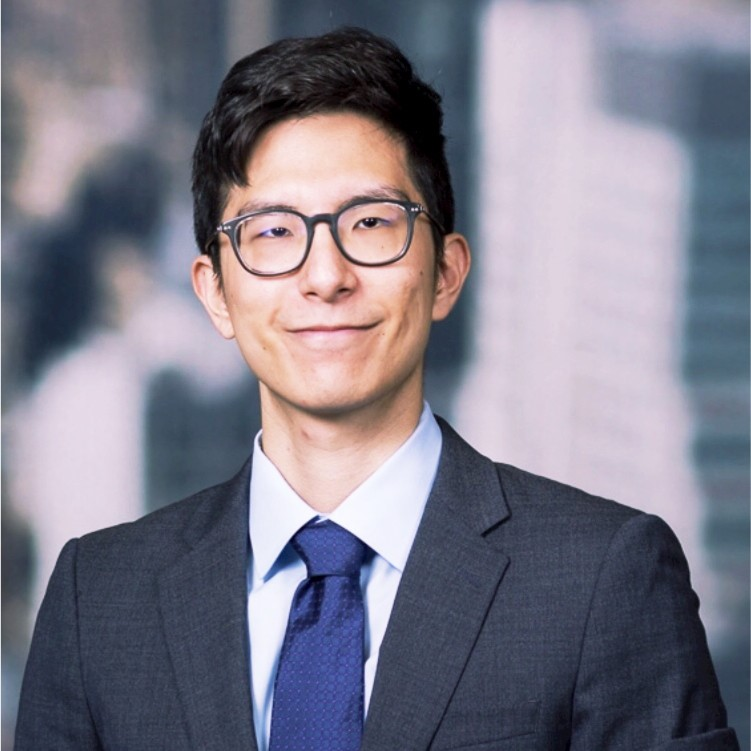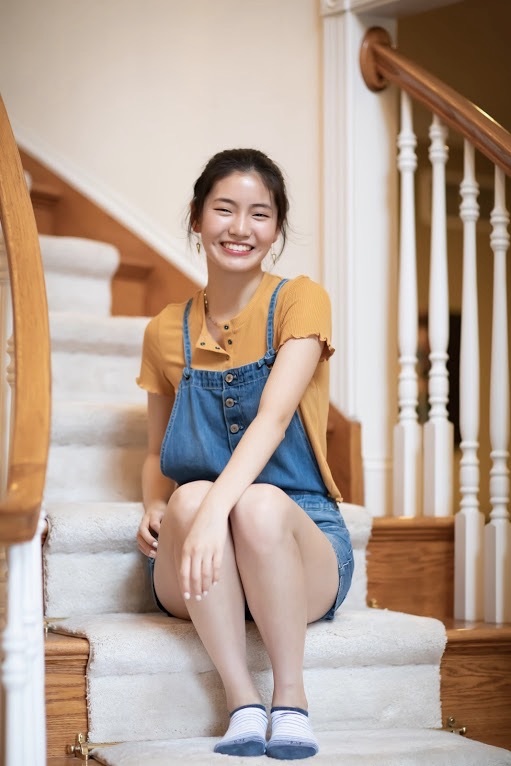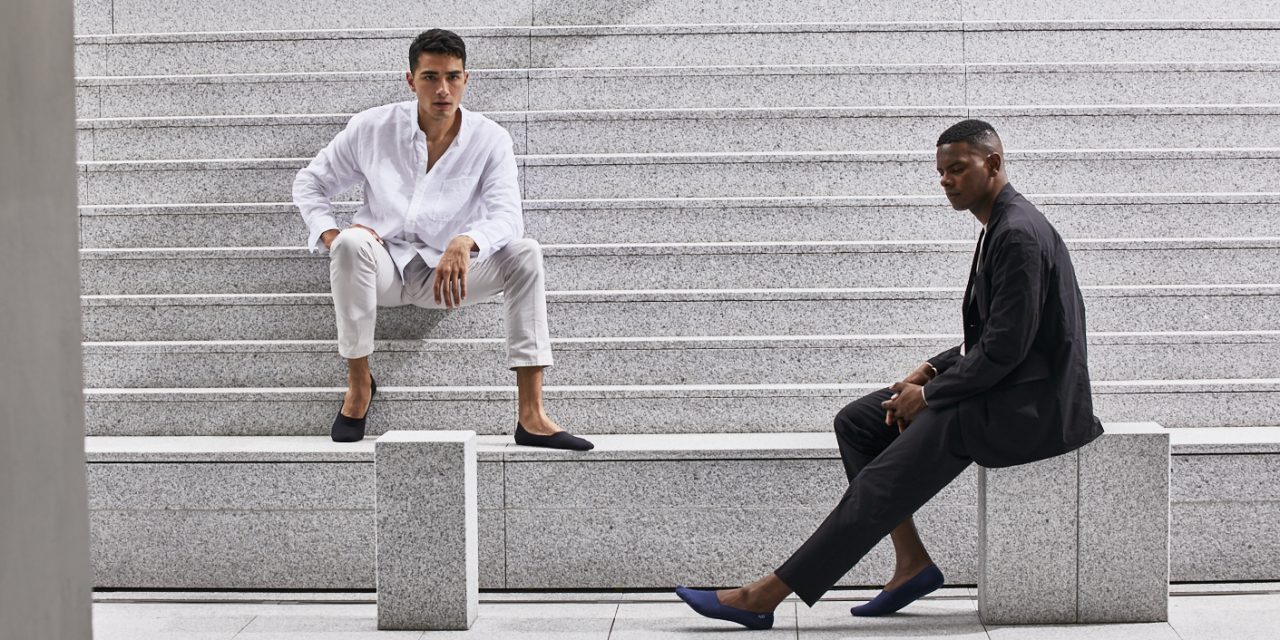In recent years, as Americans have become increasingly concerned about climate change, the fashion industry has been scrutinized for its detrimental effects on the environment. Through apparel brand ONDO and student-led organization altKEY, Daniel Shim (15C) and Kaitlin Zhang (23C), respectively, are pioneers for the sustainable fashion movement, which aims to reduce the ecological impact of the fashion industry.
On Sept. 18, Shim launched ONDO, a sustainable and ethical apparel brand producing no-show socks. On May 23, Zhang founded altKEY with a mission to inspire and educate Emory students about the importance of sustainable fashion.
In 2010, Shim traveled to the U. S. from South Korea to attend Emory. He became interested in the sock industry after noticing that many international Korean students only bought socks from South Korea because of their higher quality.
After graduating with a degree in economics, Shim began working in finance and corporate banking. However, he maintained his interest in creating socks, deciding to launch his own line of luxury socks. He brought together a team of scientists and designers to create a unique fabric for non-slip socks made from ethically sourced materials.
“During our [research and development] process, we came up with a new fabric blend that has never been used on socks before,” Shim said. “We blended aerolight, a patented techfiber, and blended it with certified organic cotton.”

On Sept. 18, Daniel Shim (15C) launched ONDO, a sustainable and ethical apparel brand./Courtesy of Daniel Shim
Shim emphasized the importance of ONDO being both an ethical and sustainable brand. He ensures the factory’s working conditions are high-grade and the material is ethically sourced. Shim’s assistant, Ana Beltran (21C), also complimented ONDO’s mission of sustainability and criticized fast fashion clothing, which is cheap and low-quality.
“Most of the market is saturated with fast fashion, and a lot of it is geared toward college students and young professionals because it is so affordable,” Beltran said. “But it is really bad for the environment and their manufacturing processes are not ethical at all.”
While Shim brought his dream to life after graduation, Zhang has begun advocating for sustainable fashion while still on Emory’s campus. She hopes to educate Emory students through creating informative videos and workshops.
Zhang first discovered sustainable fashion while rummaging through her closet and feeling tiresome with her wardrobe. She stumbled upon Youtuber bestdressed, who advocated for thrift shopping, mending old garments and avoiding overconsumption of clothing.
“[Bestdressed] inspired me to change my style and think about fashion in new ways,” Zhang said. “You don’t have to follow trends, and in that sense I started to care more about purchasing fashion pieces that would be more timeless.”
Zhang noted that shoppers tend to only focus on their side of the transaction. On the other side, there are garment workers who work for prolonged periods of time in hazardous conditions.
Because the other side of the transaction is rarely spoken about, Zhang finds it essential to educate people about ethical clothing sources. Similarly to Beltran, she criticized fast-fashion, noting that often workers are underpaid and resources are excessively wasted in the manufacturing process.

Katie Zhang (23C) launched altKEY to educate students about the importance of sustainable fashion./Courtesy of Katie Zhang
With altKEY, Zhang said she aims to create a transparent, passionate and creative space to advocate for sustainable fashion. She hopes to connect members with similar values and spread the message to a wider audience.
“A lot of people are talking about [sustainable fashion], so to have a club on campus will make all of this education a lot easier and more people can hear about it,” Zhang said.
From Oct. 12 to Oct. 16, altKEY hosted its official “Kick-Off Week.” The events included a general board meeting, a talk titled “Fashion Industry in a Nutshell” that discussed industry practices, and a sustainability workshop that included panel speakers and scrunchie-making.
Moving forward, the club plans to invite local student designers to host a fashion show during the spring semester. All the event’s components, including the set design and clothing, will be sustainable and ethically made.
Whether through companies or organizations, Emory students and alumni are at the helm of the sustainable fashion movement, fighting to decrease the environmental impacts and improving ethical products within the industry.
“It isn’t just you, the consumer, who is buying the T-shirt, but it is also the garment worker who needs to feed their family and who is working these long hours in these factories with all of these toxic chemicals,” Zhang said. “You have to think about who is making your clothes and what is the true cost of what you are buying.”
Correction (10/29/2020 at 2:04 p.m.): A previous version of this article stated Daniel Shim (15C) began attending Emory in 2011. In fact, he began in 2010.
Lauren Blaustein (she/her) (23C) is from Morristown, New Jersey, majoring in psychology and history. Outside of the Wheel, she is Vice President of Quality Improvement at Emory Synapse. During her free time, she enjoys listening to music, trying new foods and hanging out with her friends.




